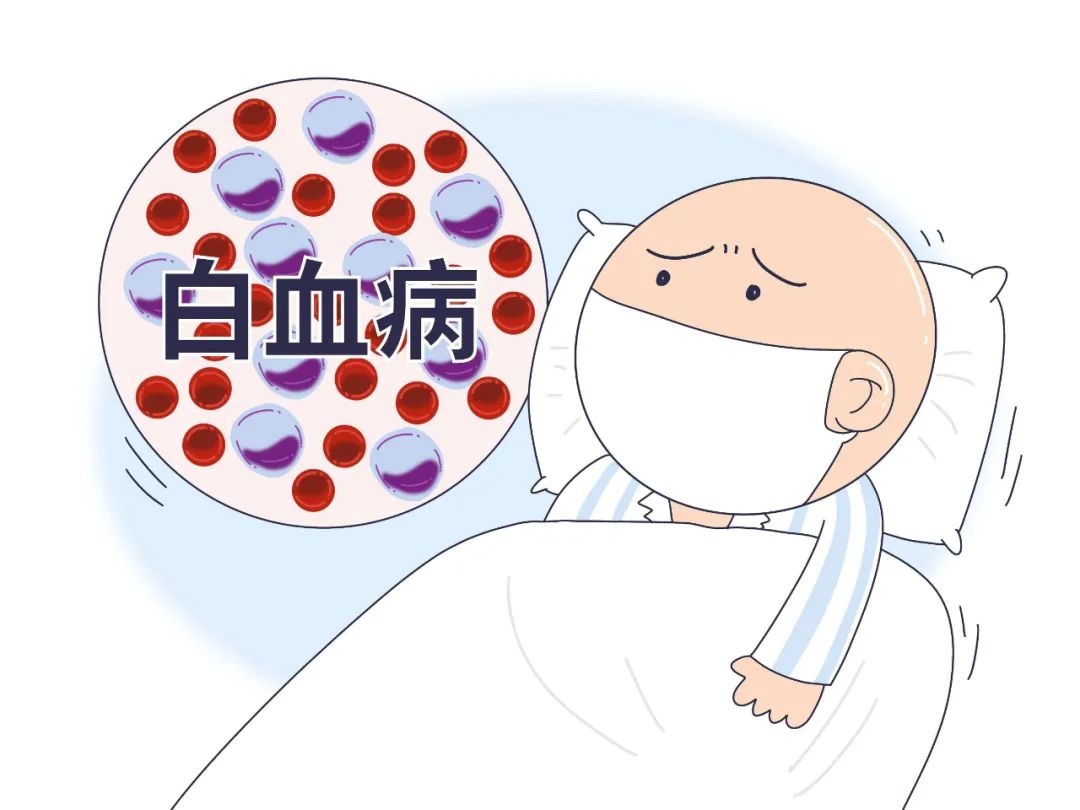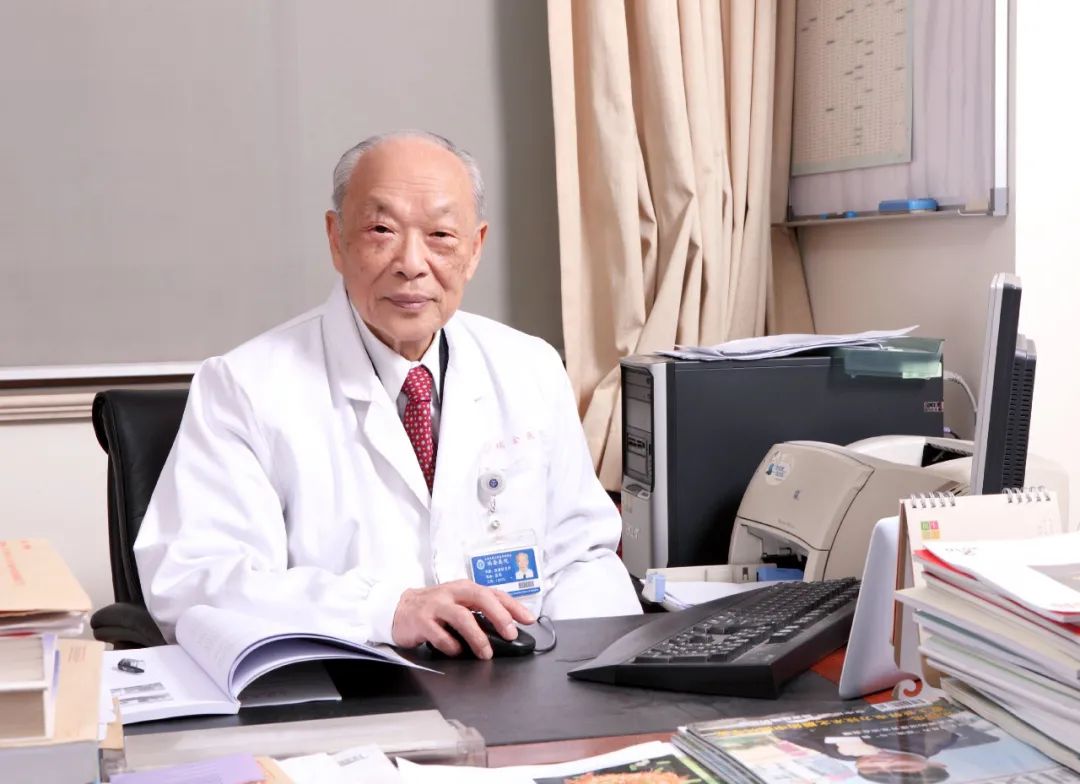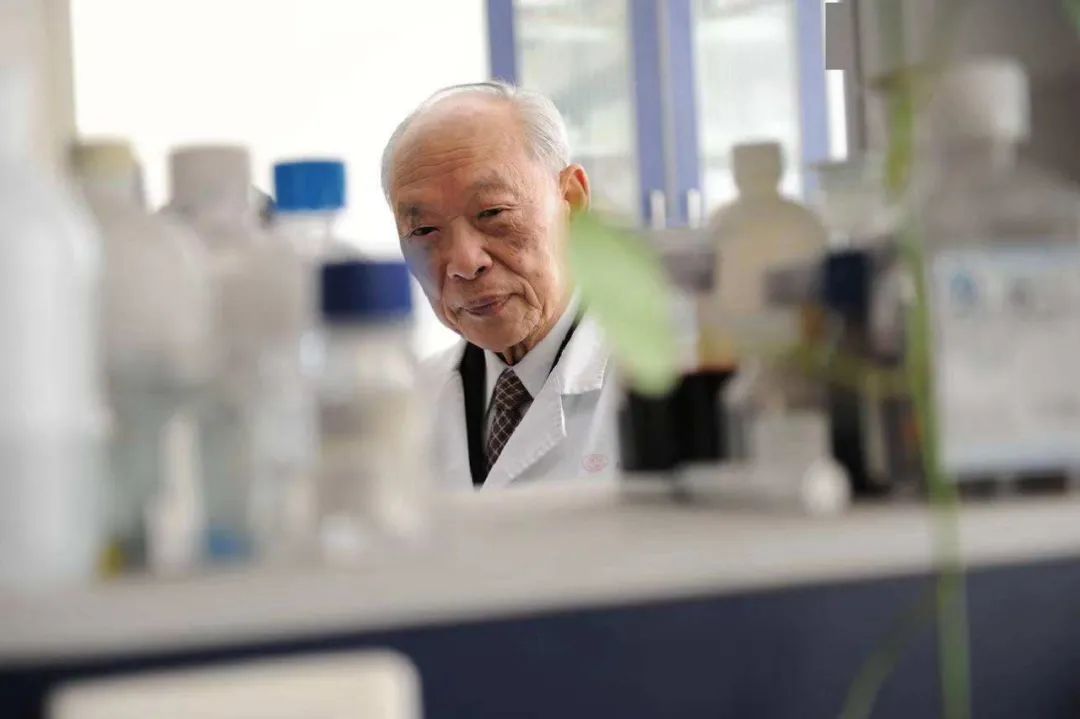In the face of interests, he gave up the patent so that thousands of leukemia patients could afford this specific drug.
Compared with the price of similar anti-cancer drugs, a box of "life-saving drugs" as long as 290 yuan is included in medical insurance is particularly warm.
This medicine, namely tretinoin capsules, also called retinoic acid capsules, is specially used for the treatment of acute promyelocytic leukemia. It greatly improves the survival rate of patients with leukemia and becomes the first tumor that can be cured in the history of human tumors.

This specific medicine comes from Wang Zhenyi, an expert in internal medicine and hematology in China.
At the beginning of the successful development of tretinoin capsules, Wang Zhenyi had two choices: one was to apply for a patent for this specific drug. After the application is approved, such drugs will be as expensive as similar "specific drugs". As long as you hold the patent, you can eat and drink; The second is to give up patent application, so that such drugs can be included in medical insurance at a low price and help more patients.
At that time, Wang Zhenyi hardly hesitated and firmly chose the latter.
Let the tumor "turn over a new leaf"
The development of tretinoin capsules originated from Wang Zhenyi’s research on acute promyelocytic leukemia.
This is a special type of acute myeloid leukemia (AML), which is classified as M3 type by FAB collaboration group. Once the disease occurs, a large number of leukemia cells in the patient’s bone marrow and other hematopoietic tissues will proliferate indefinitely and enter the peripheral blood, greatly inhibiting the production of normal blood cells.
The most typical characteristics of this type of leukemia are unclear etiology, acute onset, dangerous condition and rapid deterioration. Without timely and effective treatment, many patients will die within six months.

Academician Wang Zhenyi
At that time, Wang Zhenyi learned from sporadic overseas research progress that some foreign doctors were trying an all-trans retinoic acid therapy. Generally speaking, the idea of this therapy is to induce the problematic M3 cells to differentiate into normal cells. This new therapy immediately attracted the attention of Wang Zhenyi, and quickly launched the relevant research.
In 1986, Wang Zhenyi met a 5-year-old patient who was dying of acute promyelocytic leukemia. After analyzing the little girl’s condition, he carefully discussed with the patient’s family whether he would like to try this new drug.
With the consent of his family, Wang Zhenyi never imagined that the biggest resistance actually came from "one of his own".
At that time, Wang Zhenyi was 62 years old and was an expert in related fields in China. Therefore, when I heard that he was going to try this new drug on patients, many people came to persuade him: you have made a success, so don’t toss about. If the treatment doesn’t go well, it will ruin the reputation accumulated for many years, and the loss will outweigh the gain.
But Wang Zhenyi was firm: I did it for the patients. And we have experimental basis, and I believe in science.
In this way, the little patient ate tretinoin capsules. In just one week, her condition turned for the better, and the situation got better and better, and she was finally cured and discharged.
This case has also become the first successful case that the globally recognized theory of induced differentiation has made cancer cells "correct evil".
I decided to give up the patent.
The success of this case greatly increased Wang Zhenyi’s confidence in the research content.
After that, he and his students Chen Zhu and Chen Saijuan creatively proposed the treatment method of all-trans retinoic acid combined with arsenic trioxide. After the birth of this method, it was once regarded as the most dangerous acute promyelocytic leukemia and became the first leukemia that can be cured in the world. This treatment method has also been praised as "Shanghai Plan" by overseas media and listed as "Eight Contributions of New China to World Medicine" with the invention of artemisinin.
What is opposite to the extremely high evaluation of the outside world is the almost "low" price of this specific drug.
This sharp contrast is precisely because Wang Zhenyi chose to "give up the patent".

Academician Wang Zhenyi
When asked why he made such a choice, Wang Zhenyi took out his school motto when he graduated from the Medical College of Aurora University in 1948. Two of them were specially marked by him, which read: The rest of the sick should be treated carefully, not discriminated against because of the rich and the poor, and should do their best to study with its evolution in order to benefit the crowd; I will never accept ill-gotten gains in addition to proper medical treatment.
Wang Zhenyi said frankly that one of the reasons why he chose not to apply for a patent was that he didn’t have a clear patent consciousness at that time, but more importantly, he was always thinking about treating patients quickly. The examination time for applying for a patent is not short. Compared with the other, he hardly hesitated and chose to give up.
In 2020, Wang Zhenyi won the 2020 Future Science Award for Life Science with a prize of $1 million for her outstanding achievements in the treatment of acute promyelocytic leukemia.
Wang Zhenyi once said: "The doctor is to solve the patient’s problem."
This award is the greatest affirmation and respect for his research achievements and medical spirit over the years.
Read the original text